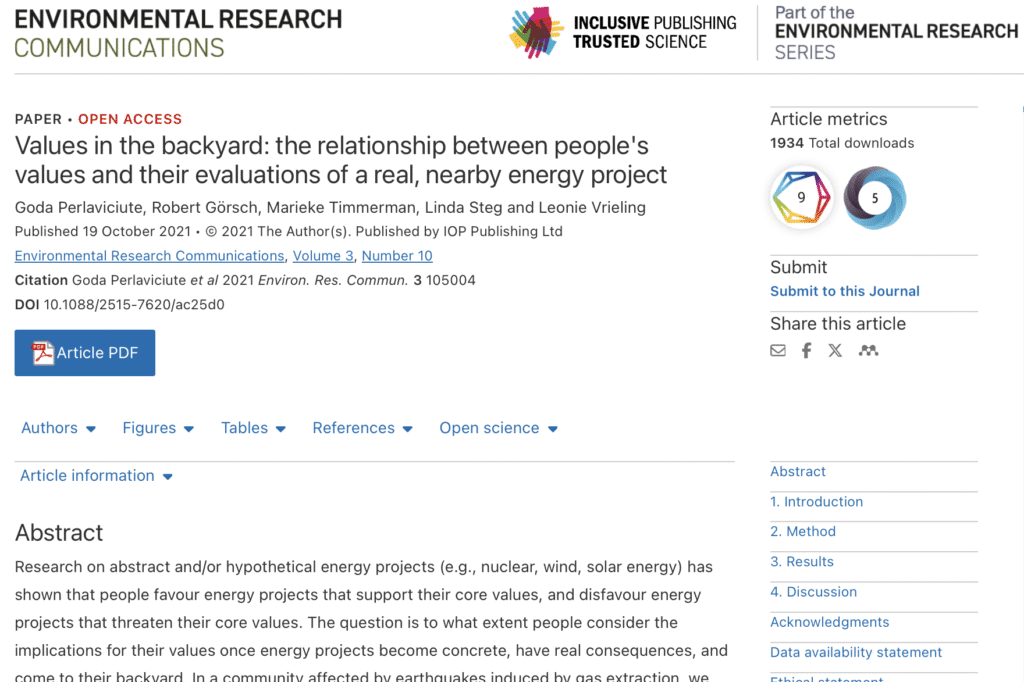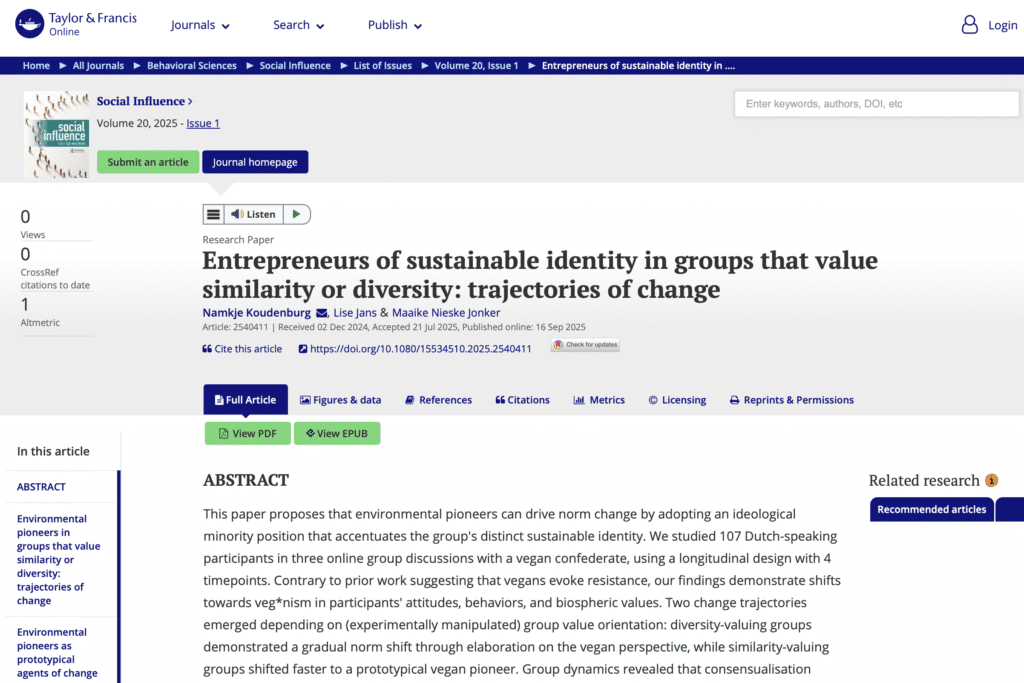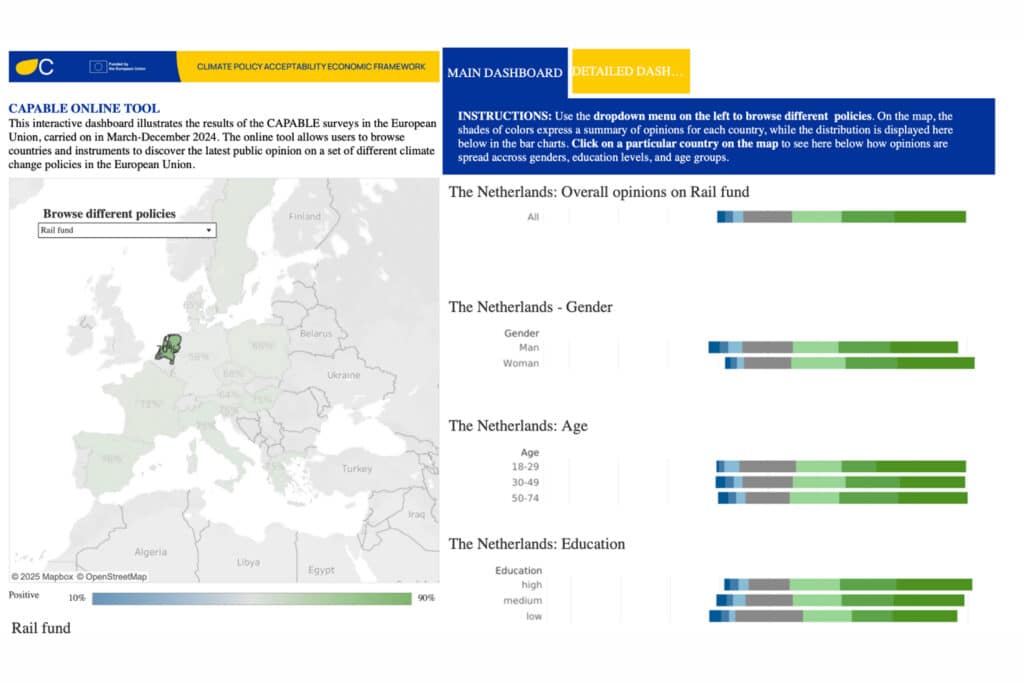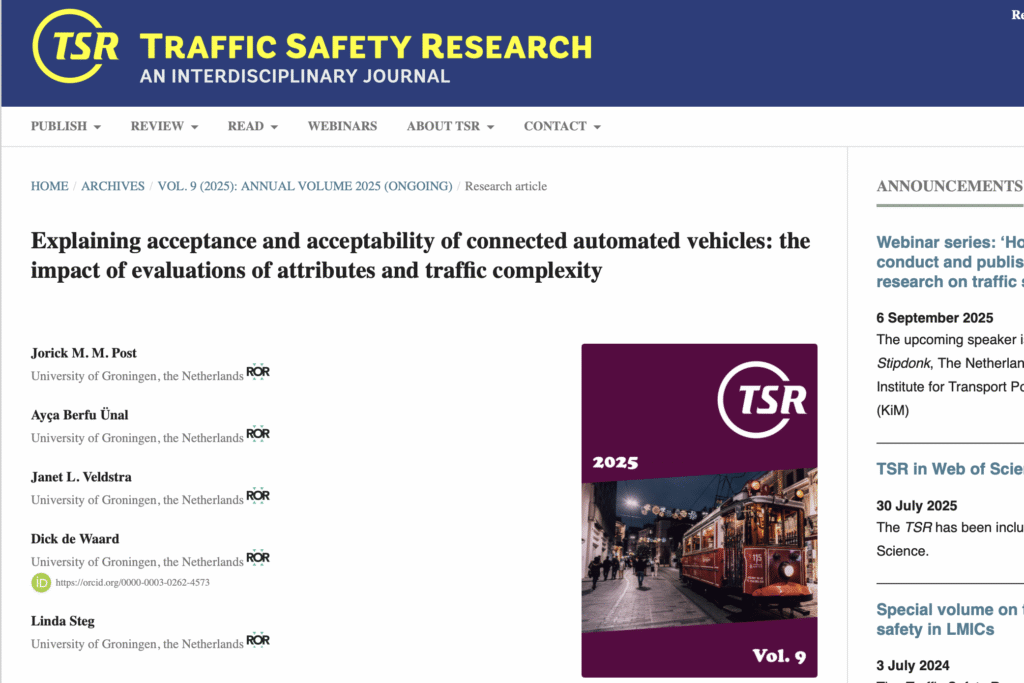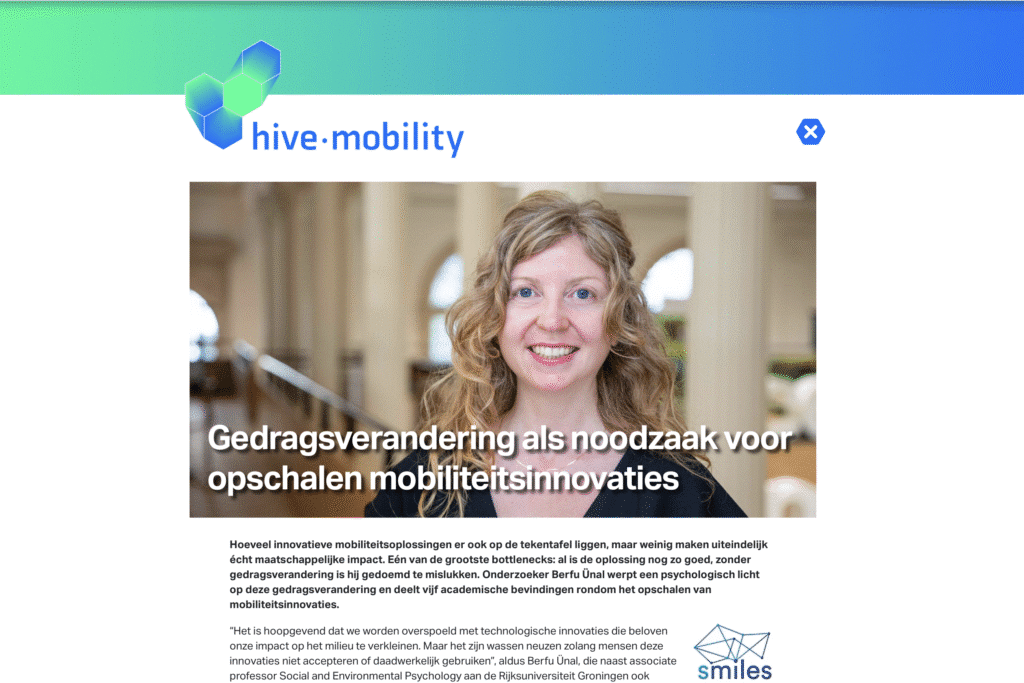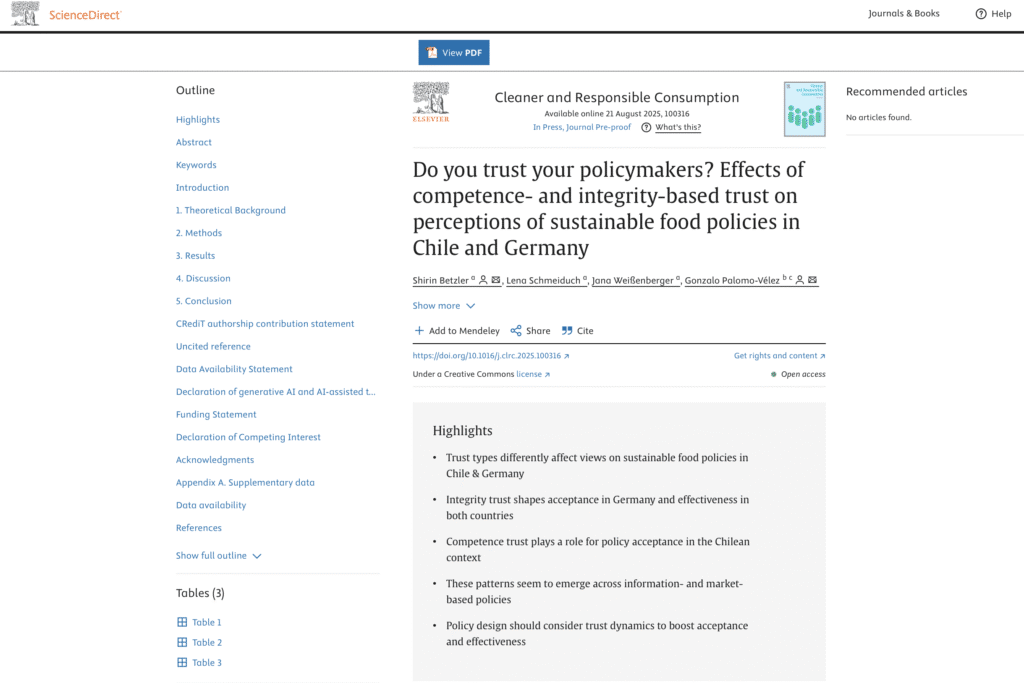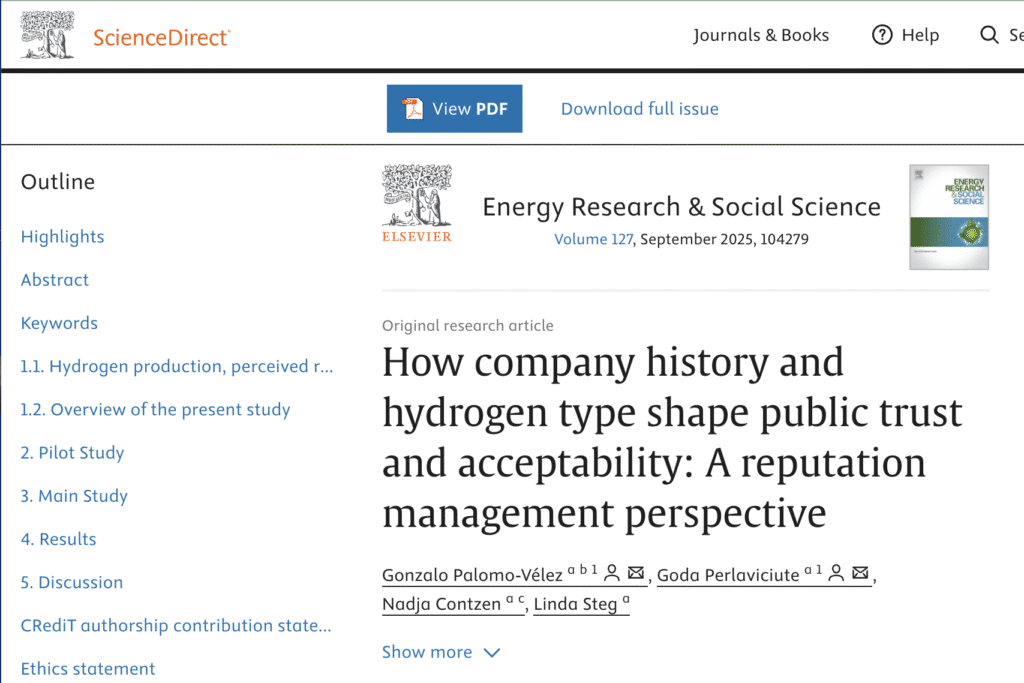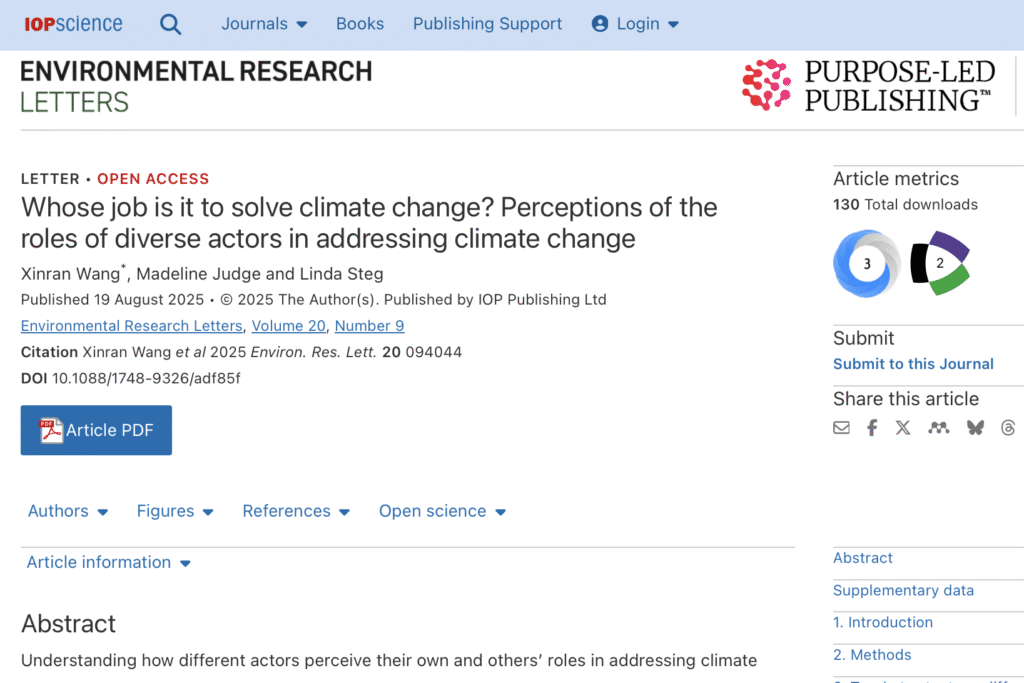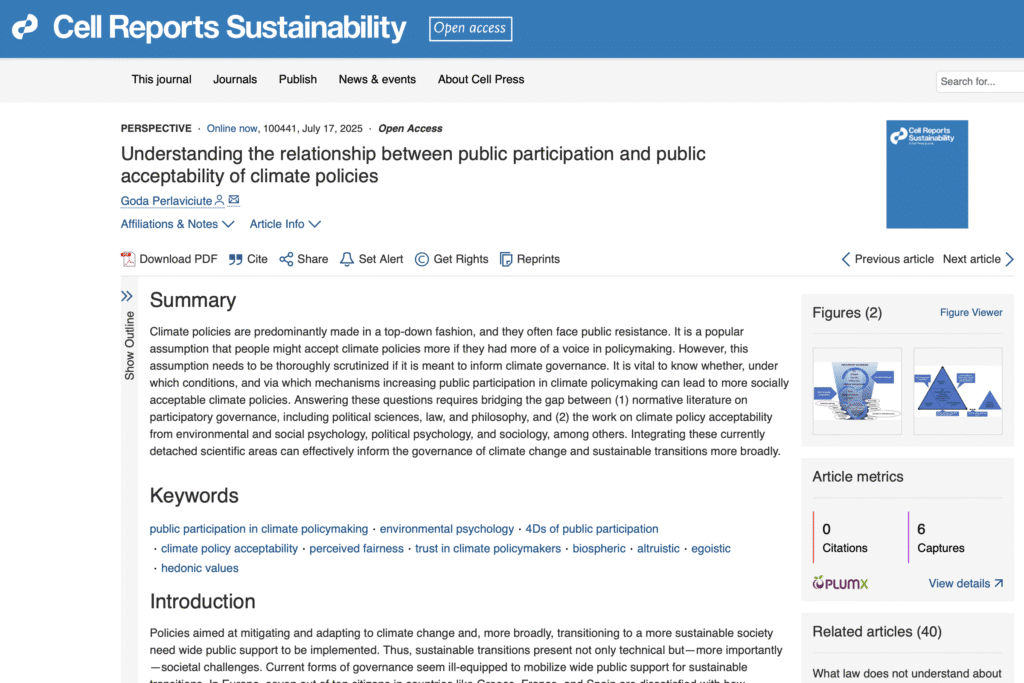Abstract
Research on abstract and/or hypothetical energy projects (e.g., nuclear, wind, solar energy) has shown that people favour energy projects that support their core values, and disfavour energy projects that threaten their core values. The question is to what extent people consider the implications for their values once energy projects become concrete, have real consequences, and come to their backyard. In a community affected by earthquakes induced by gas extraction, we studied the relationships between people’s values and their concerns about the earthquakes and acceptability of the gas extraction. The more strongly people endorsed biospheric values (i.e., caring about nature and the environment) and altruistic values (i.e., caring about others), the more negatively they evaluated gas extraction and the induced earthquakes. Stronger egoistic values (i.e., caring about personal resources) were associated with less negative evaluations of gas extraction and the earthquakes, possibly due to user and economic benefits associated with energy supply from natural gas. The findings were consistent across three local regions that vary in exposure to earthquakes and across five measurement points over six years, providing robust evidence that people consider the implications for their values when evaluating real, nearby energy projects. Furthermore, the results substantiate the critique of the NIMBY (Not-in-My-Backyard) explanation of local resistance to energy projects, which assumes that people are guided exclusively by immediate selfish concerns.
Goda Perlaviciute, Robert Görsch, Marieke Timmerman, Linda Steg and Leonie Vrieling
Environmental Research Communications
19 October 2021
DOI 10.1088/2515-7620/ac25d0
